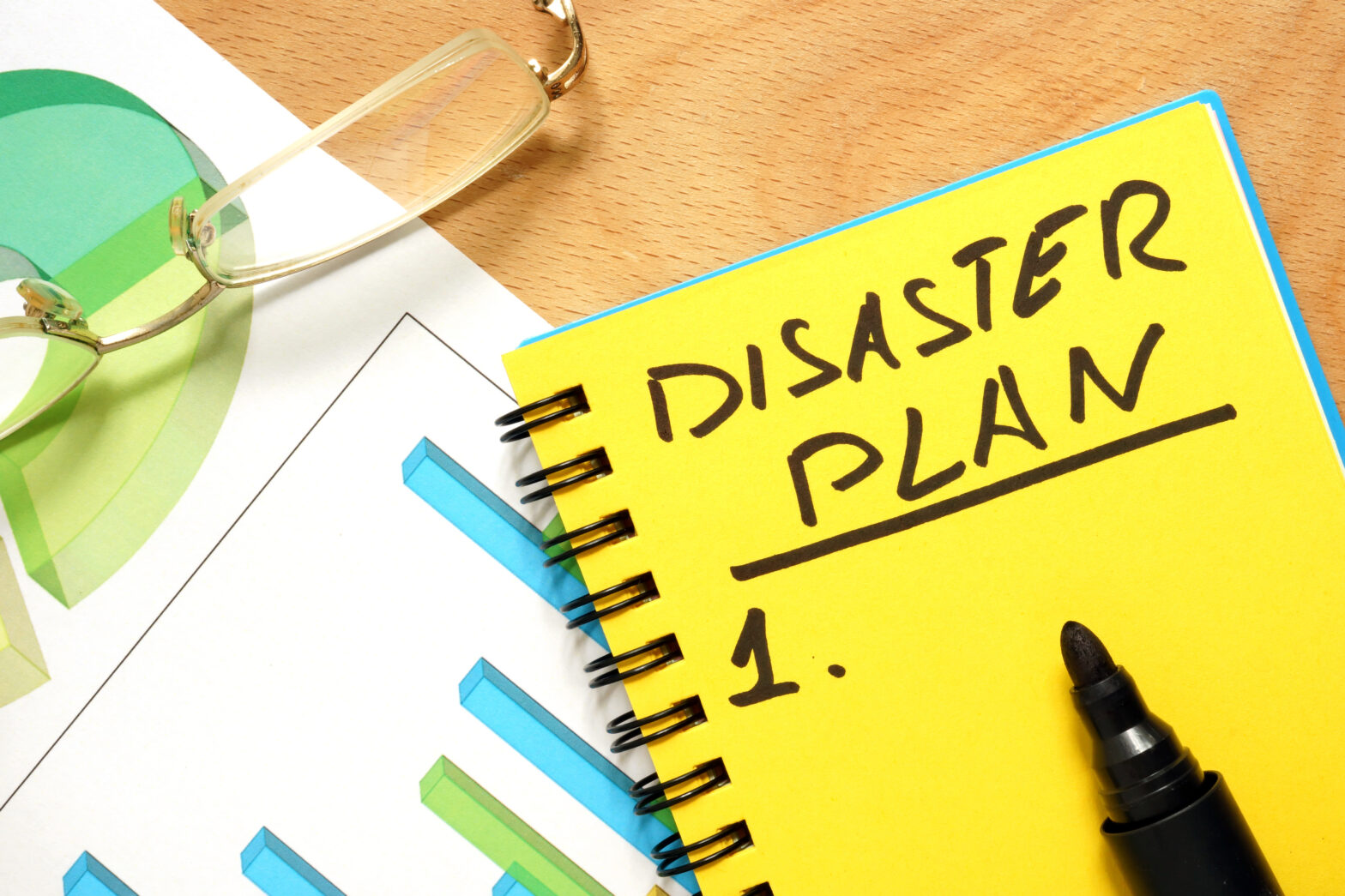A close look at recent headlines makes this abundantly clear. Uber recently had to explain a huge data breach, the business impacts from Hurricane Irma in the US are still being calculated, while countless other examples of disruption failed to grab the public consciousness.
The right disaster recovery plan, however, can ensure that disruption doesn’t derail your business completely, no matter what the cause.
Preparation is essential
The core tenet of disaster recovery is preparation. Businesses that expect and plan for disruption are much more likely to be able to mitigate its impacts.
This is why the initial stages of formulating a disaster recovery plan usually involve listing your essential processes, building a disaster response team and creating a risk analysis to identify potential threats and their likely severity.
Once businesses are prepared for disaster, they can create a structured response, because panic is the last thing an organisation needs when disruption hits.
Cloud cost savings
Disaster recovery will require time and investment, but it will more than pay for itself. In addition, cloud-based Disaster Recovery as a Service (DRaaS) is giving businesses an alternative way of absorbing this cost.
Instead of paying out large fees for new servers or perhaps even extra staff, DRaaS allows companies to pay a subscription fee to a cloud vendor who handles the disaster recovery process for them. With service level guarantees and real-time back-up, cloud-based DRaaS can provide significant cost savings.
Protecting reputations
Often businesses focus on the direct financial damage of disruption, but there are long-term impacts to consider as well. Primarily, downtime can badly harm a firm’s reputation and damage customer trust.
An effective disaster recovery plan helps to prevent this reputational damage by getting systems back online as quickly as possible. It can also ensure that customer data is not lost and that all members of staff are kept informed of any ongoing issues so they can reassure consumers.
Prioritising your response
One of the most important benefits of disaster recovery is that it gives firms insight into their most important processes.
Through business impact analysis, it tells businesses which solutions need to be recovered as a priority and which ones can remain out of action for a little longer. Instead of businesses simply guessing how long they can afford to be without a particular service, disaster recovery provides a concrete financial figure. That way, businesses are left in no doubt about what processes to prioritise.
Knowledge for next time
Disaster recovery not only helps businesses to mitigate disruption today, it also enables them to prevent disruption tomorrow. By deploying comprehensive and holistic solutions, disaster recovery tools can analyse the cause of disruption and provide a detailed breakdown of how it can be prevented in the future.
The best businesses don’t simply prepare to recover from disaster, they are committed to being more resilient next time it strikes.





